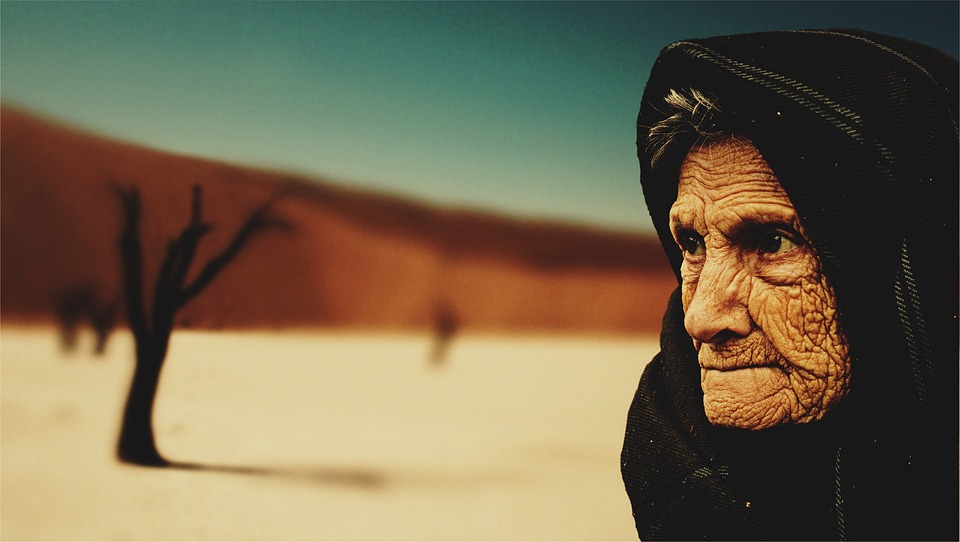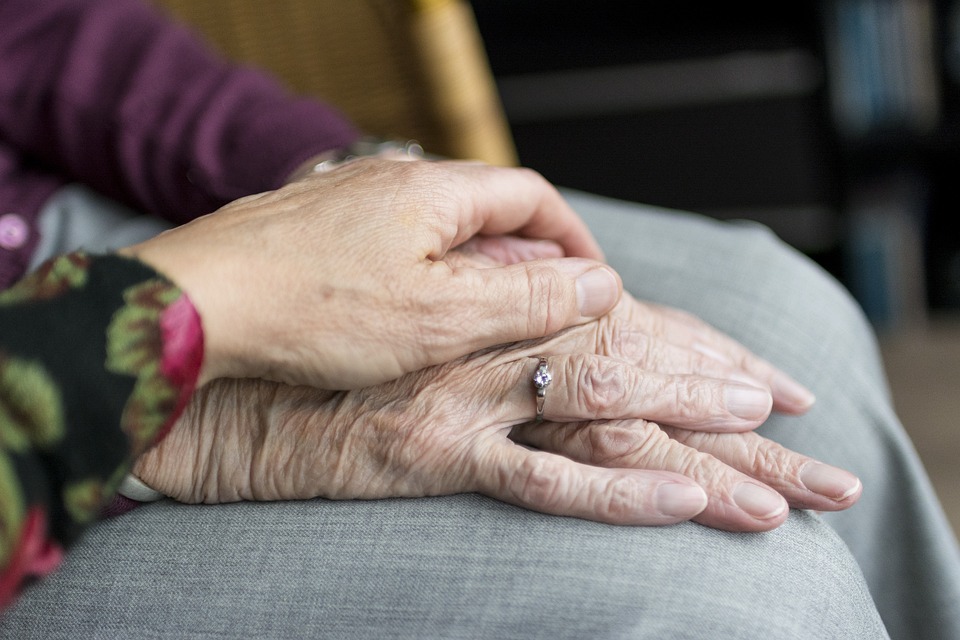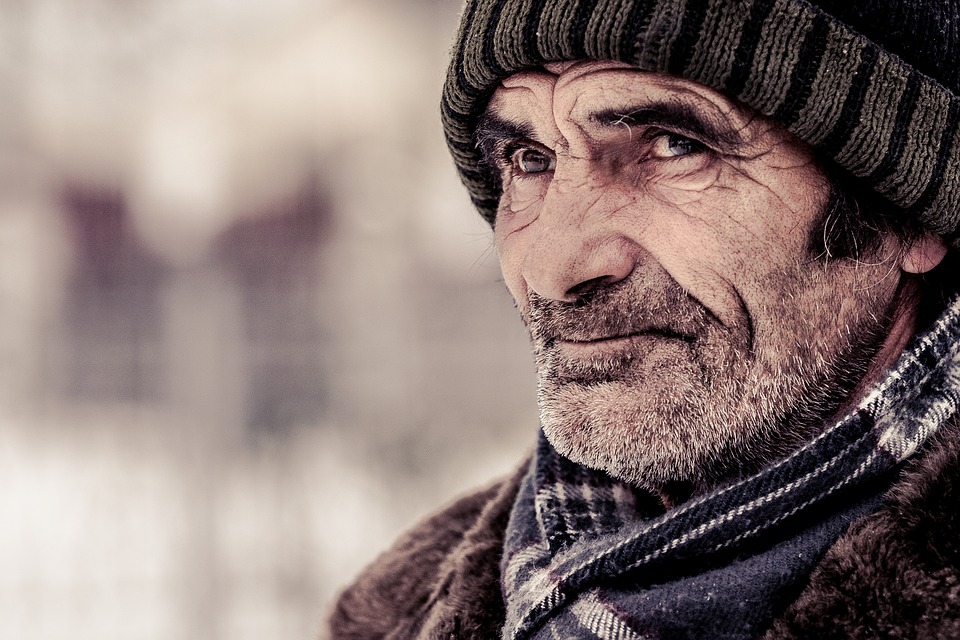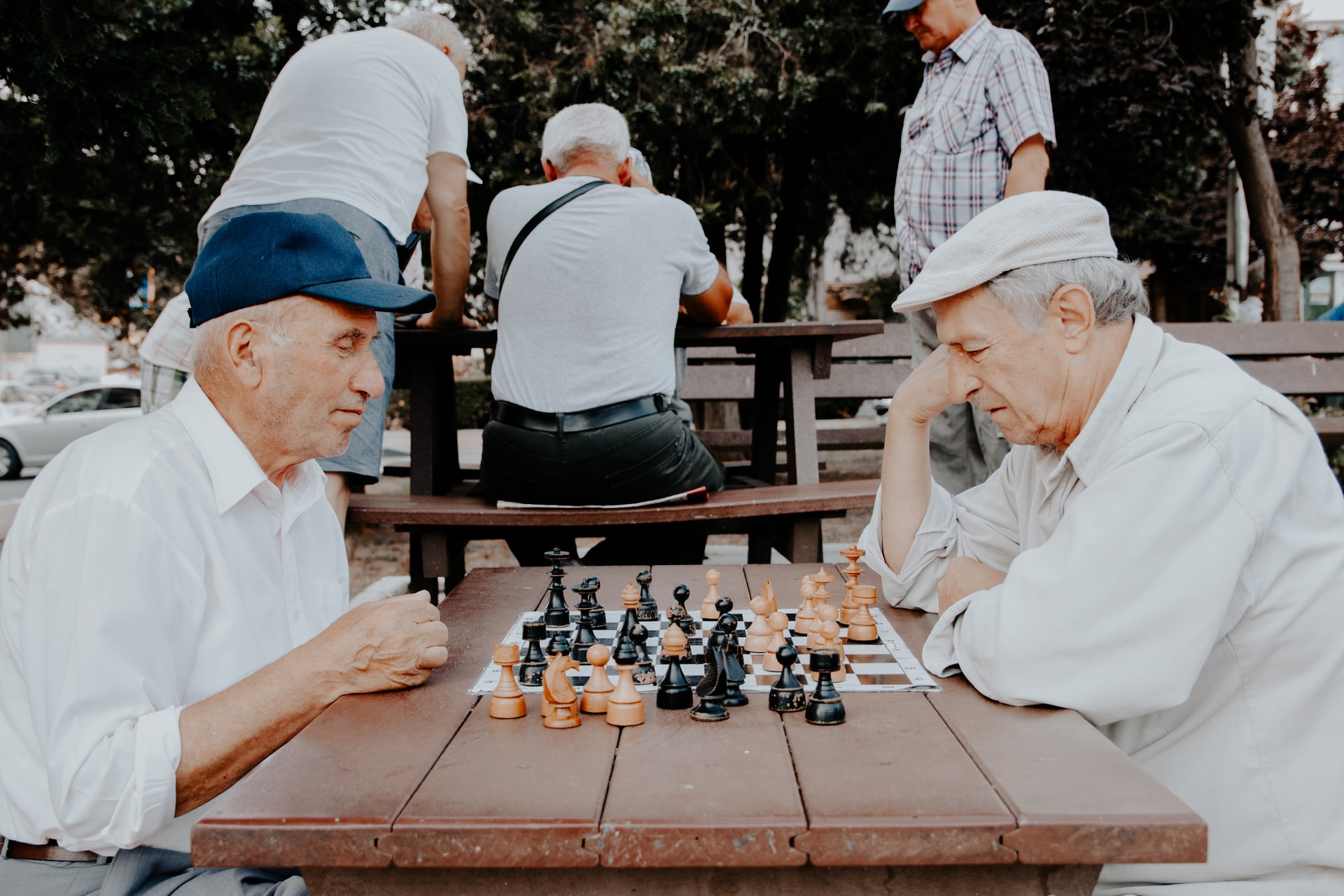Everyone knows that older people die at a higher rate than younger people. We have firsthand knowledge of this. The facts and numbers may be found in life insurance statistics. In a well-fed, civilized society, for example, only approximately one in every 1,000 children dies during his 12th year. However, one in every twenty males over the age of 70 will die before his 71st birthday.
The risk we run of dying at any particular age is called the force of mortality for that age. The force of mortality has been carefully worked out for all ages of people – this is what life insurance rates are based on. Naturally, it grows steadily greater with age. If we kept all through life the same force of mortality that we had at 12 – never becoming any more likely to die than we were then – we could all hope to live several hundred years, unless we were very unlucky or careless. The fact that men do not live several hundred years (and only rarely reach 100) is due to a process called aging.
Aging

We can recognize aging by the gray hair, weakened muscles, wrinkled skin, loss of hearing and so on that it produces. It also has a more important effect on us. It reduces our power of staying well and of getting better if we fall ill. A bullet in the head may kill a man of any age, but a cold in the head kills only an old man.
This loss of power to stay healthy (and the increase in the likelihood of dying) happens at about the same rate in everybody. As we get older we tend to be like an old radio or an old automobile – more and more things go wrong with us. There comes a time beyond which it is very difficult to stay alive at all, the last thing may be enough to finish us. This is the end of our life span.
Aging In Men And Women

Men (like other animals) that age have fixed life spans or characteristic ages of death. Some individuals may die sooner while strong or lucky ones live longer. But most individuals of a species have about the same length of life. In countries with good food and medical services, the most common length of life in men is between 70 and 80 years. Where there is hunger or little medical care, many people die young, often in babyhood. But those who survive still do not often live beyond the typical age.
Women, for reasons we do not yet understand, nearly always live a little longer than men. Some people, especially if they have come from long-lived families, live longer than others. Some are able to live as much as 20 years beyond the usual limit of life. For example, let me give you some figures for England, Canada and the United States. In these countries, about three out of every 100 babies born will live to be 90 years old and about one out of every 1, 000 will live to be 100.
A few people live longer still, up to 107 or 108 years. There is a great deal of argument about the highest age ever reached by a man. Probably, it is just short of 120 years. For instance, a man who said he was 117 and the last survivor of the Confederate Army who died in Texas in 1959. People who have claimed to be older than 120 have never been able to prove it. Some old men are jokers who tell tremendous tales about their age. Other people are willing to believe these tales because they are like the idea of living a long time.
What do you think about the aging process?








[…] you are growing old, skincare is much more than what you look like. It is more about your […]